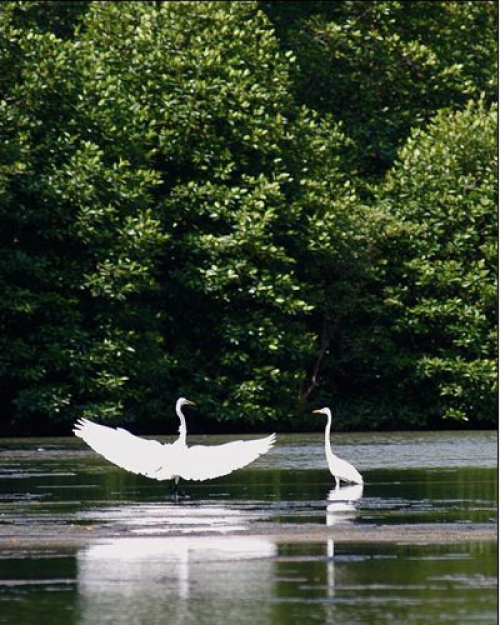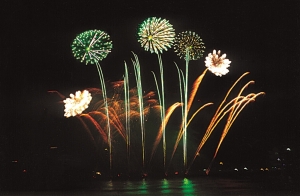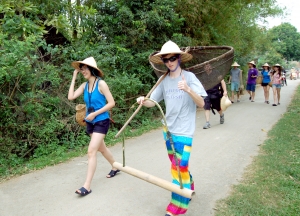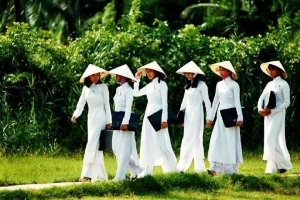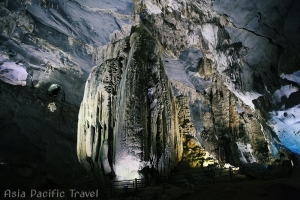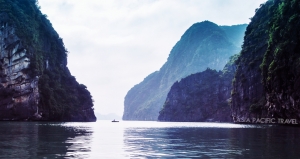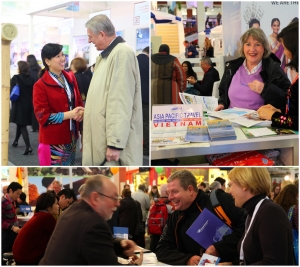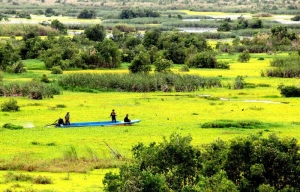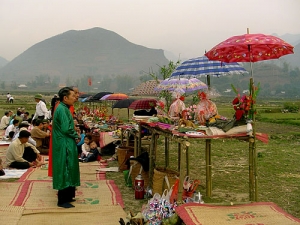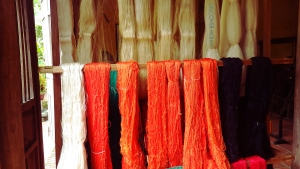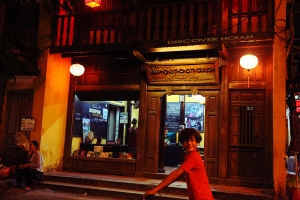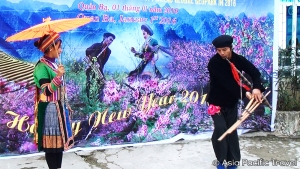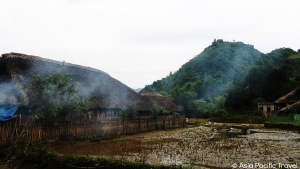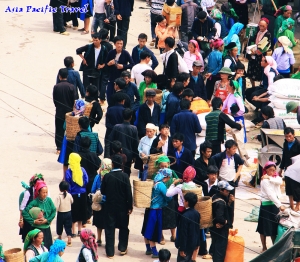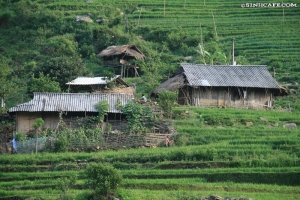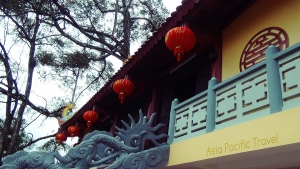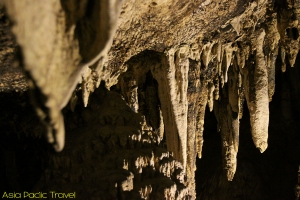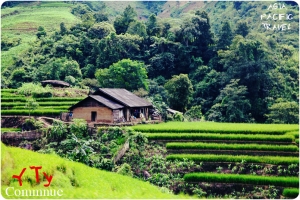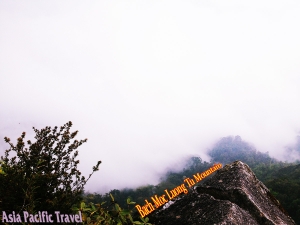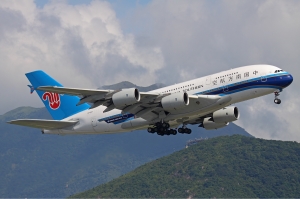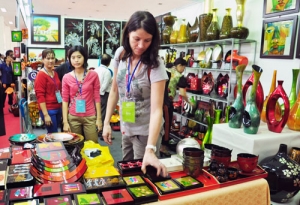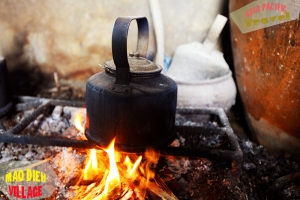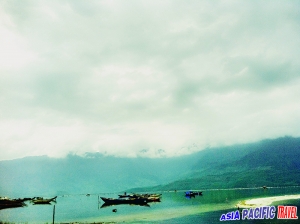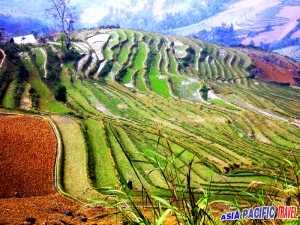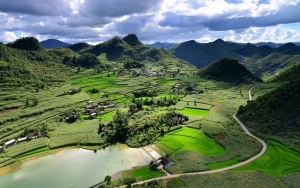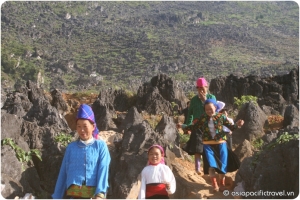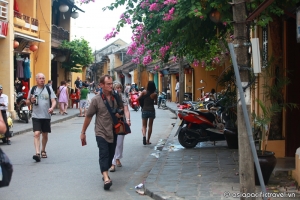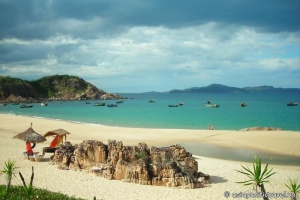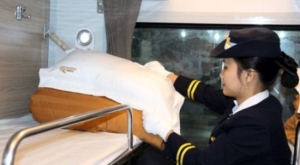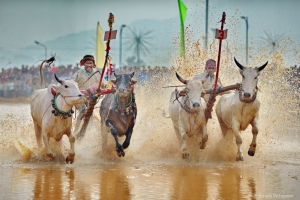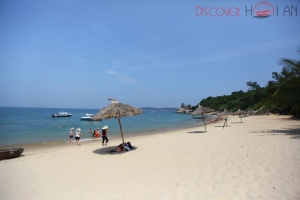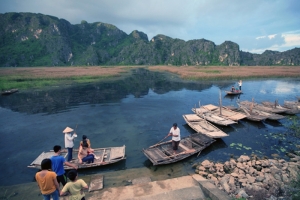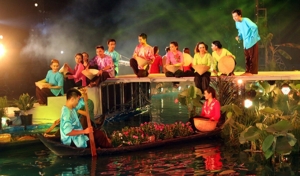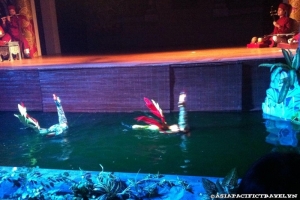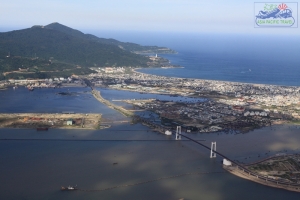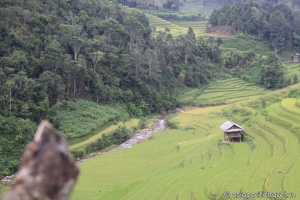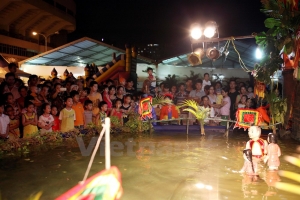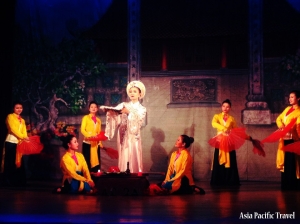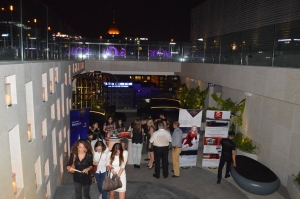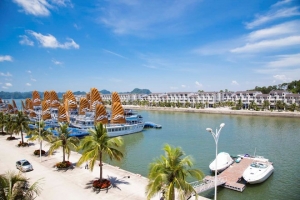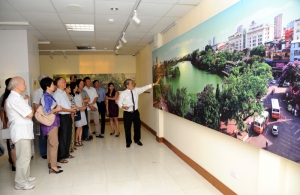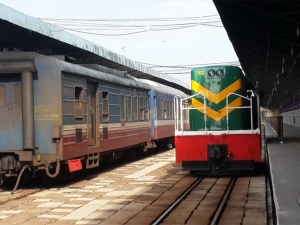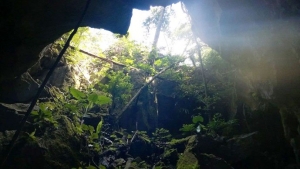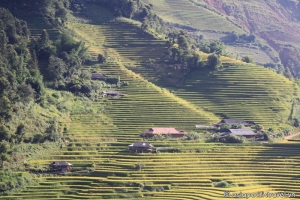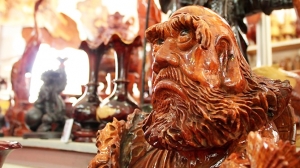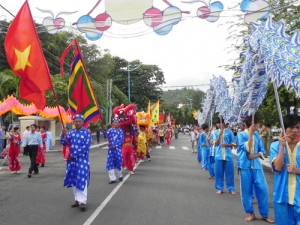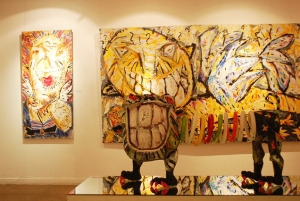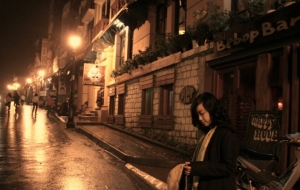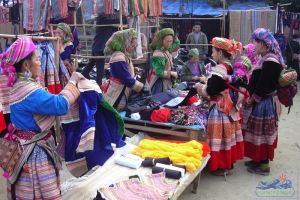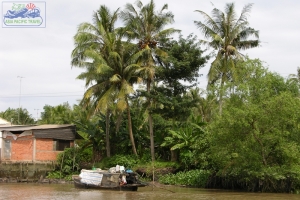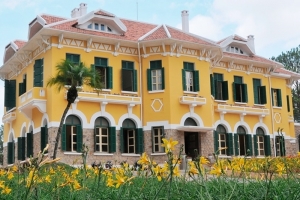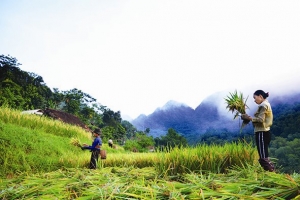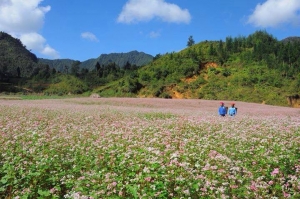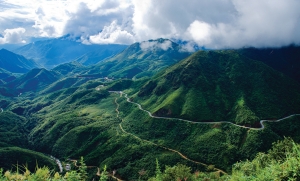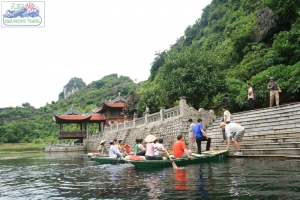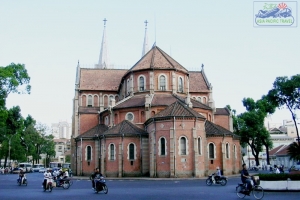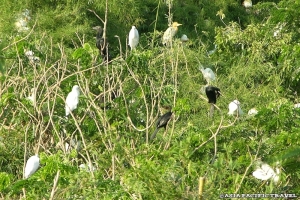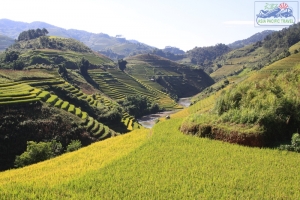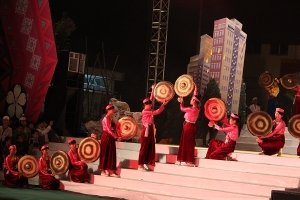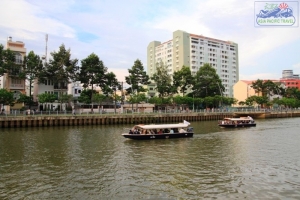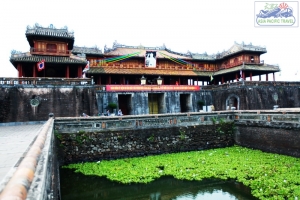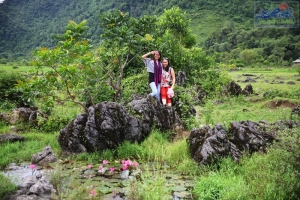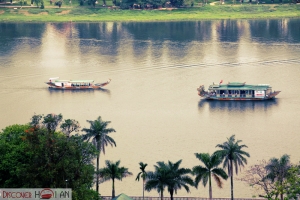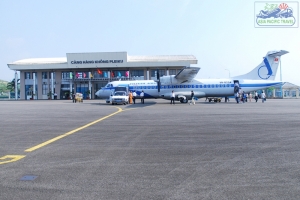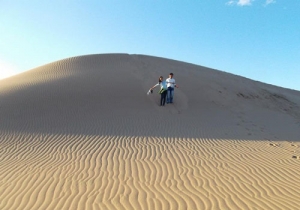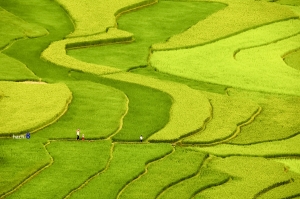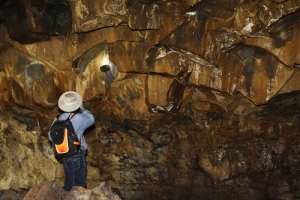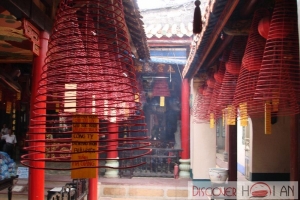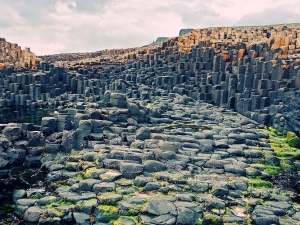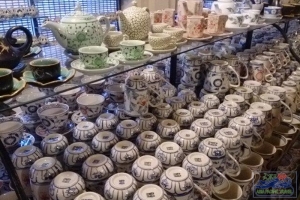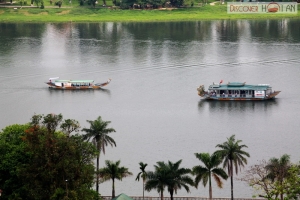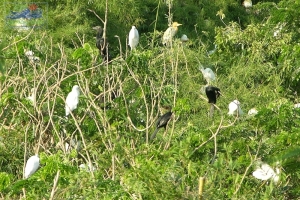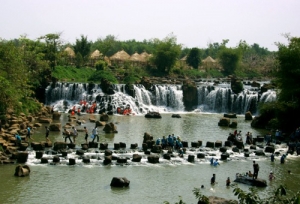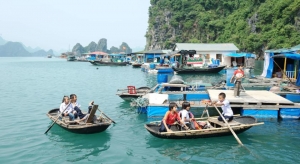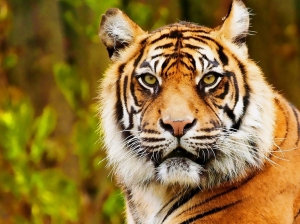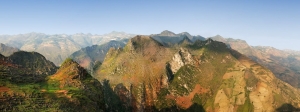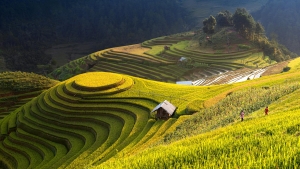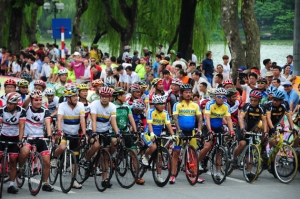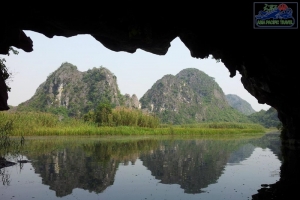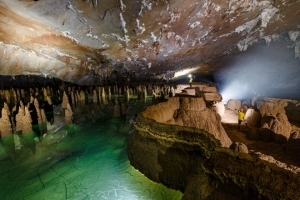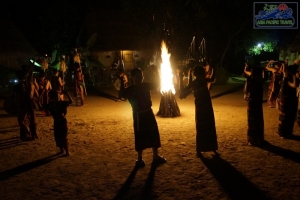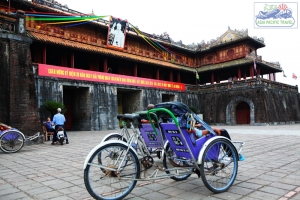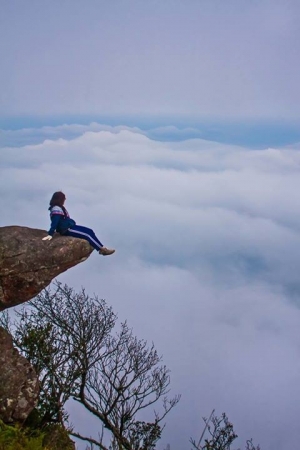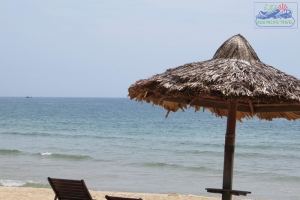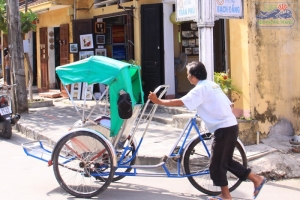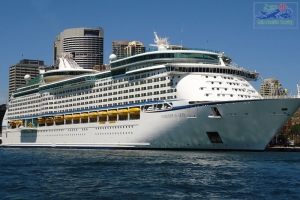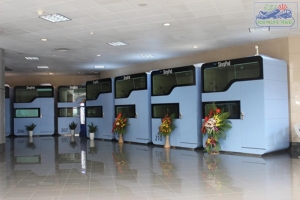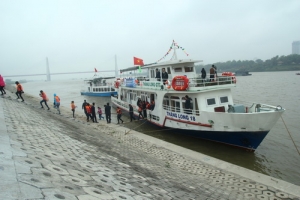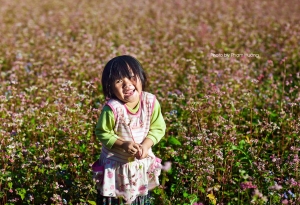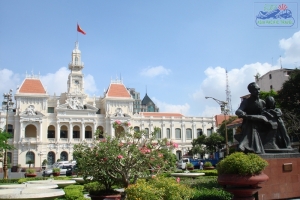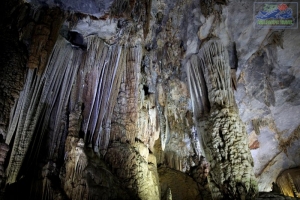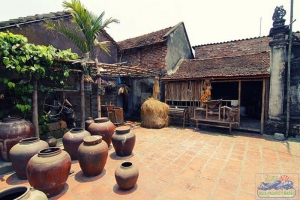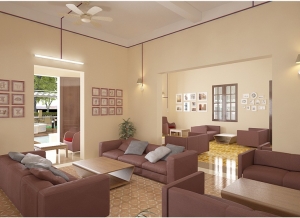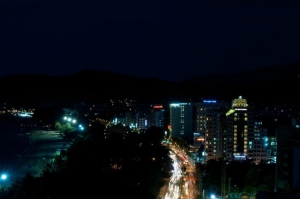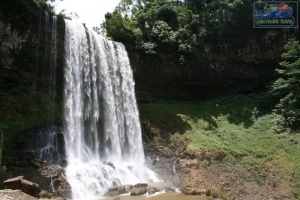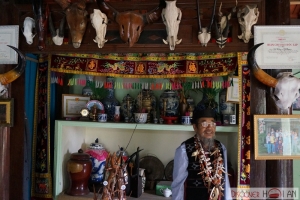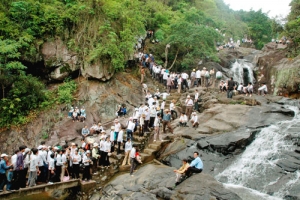Established in 2000 under the management of Phu Tho Tourist Service Company, the Vam Sat Eco-Tourist Site was built in accordance with the natural environment to preserve and develop a rich flora and fauna. By road and waterways, visitors in Vietnam travel can discover the amazing nature of this place.
Vam Sat Eco-Tourist Site
Covering an area of over 1,862 ha, Vam Sat has nearly 140 species of plants belonging to over 60 families. A majority of the area is mangrove and mam (Avicennia) forests. The Site is known for having many shrimp, crabs, shellfish and aquatic products of high economic value, such as barramundi, grey eel-catfish and pangasius kunyit. It also has many precious animals such as pythons, crocodiles, varans, monkeys, wild boar and otters.
Vam Sat bird sanctuary covering over 700 ha including nearly 200ha of core area and 500ha of a buffer zone has tens of thousands of storks, night herons and cormorants. The sounds of the birds can be heard a kilometer away.
Nguyen Thai Hoa who has managed the bird sanctuary for more than 35 years said: “When my grandfather was alive he said that nobody knew when this bird sanctuary was formed. In the past, there were countless birds here. During wartime, the bombs and shells of the US and southern puppet regime destroyed most of the forests, making almost all the storks flee. It was not until the 1990s that the bird sanctuary was revived and developed. “
At present, the bird sanctuary has over 10,000 birds of over 30 species, including many valuable species such as white storks, black storks, night herons, great cormorants, sea swallows, herons, lesser whistling-ducks, boucals and adjutants. There is Mycterria leucocephala, a rare and precious species which has been listed in the Red Book of Vietnam and the world. The birds often build nests on tops of date trees to evade predators such as snakes, monkeys and varans because the trees have many thorns on the top.
Every year, from May to October, a large number of birds flock to this area to build nests and incubate. At 7 am or 5 pm, standing on the observation tower, the manager makes only several claps of his hands and immediately hundreds of birds fly to the sky, creating a bustling scene.
In contrast to the boisterous atmosphere of the bird sanctuary, Dam Doi (Bat Swamp) is a very quiet place. With a dinghy, a common means of transport of the people in the southern watery area, the forest guard takes visitors in Vietnam tourism through interlacing canals to go deep into the lush mangrove forests. Forests are on both sides of the canal. On the mangrove trees, many saffron-coloured bats hang by their legs with their heads down to sleep after a long night seeking food in fruit gardens in the surrounding provinces. According to the forest guard, in November according to the lunar calendar, the mother bats embrace their children in sleep. Tourists joining tours in Vietnam are advised to keep quiet so as not to awaken the bats.
The bats have saffron coloured hair. They weigh about 0.5kg and have a wingspan of 0.7-0.8m. Their main food is fruit in the garden. Nobody can explain why they chose Vam Sat forests to reside because there is almost no source of food for them in the swamp or the surrounding area. At night they must fly hundreds of kilometers away to seek food and fly back the next morning to sleep before sunrise.
Apart from the bird sanctuary and Dam Doi, Vam Sat Eco-Tourist Site is also home to long-tailed apes which usually live in groups of 10 to 100 apes. The females reproduce year round. They have a pregnancy period of 160-170 days and have one baby per pregnancy. The long-tailed apes in this area are rather daring. Whenever visitors arrive, they come out of the forest to steal food, creating an interesting atmosphere. Vam Sat also has a reserve of wild animals, such as deer, wild boars, pythons, snakes and varans.
Visiting Vam Sat Eco- tourist Site, apart from discovering the amazing natural wildlife, visitors in Vietnam travel will have a chance to learn about the interesting cultural traits in the life of the local people. They can join the fishermen in catching fish with nets, angling for crocodiles and crabs, walking through the forest and enjoying local specialties of Can Gio watery area.


